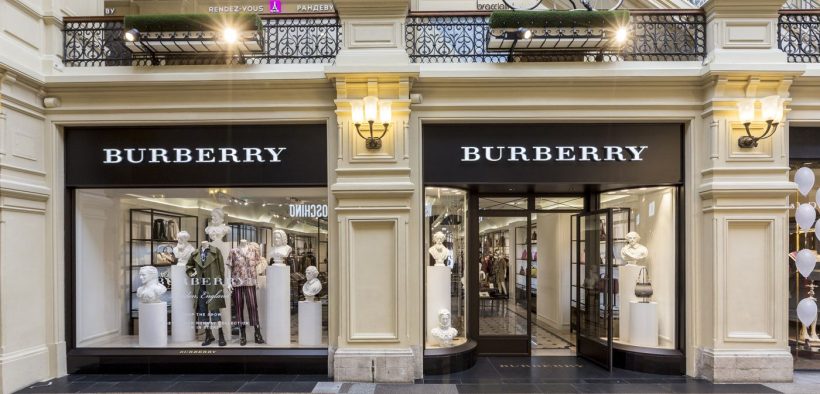COVID-19: Luxury Sector Could Lose $45bn In Sales This Year
Share

FUNKE OSAE-BROWN
The luxury sector could lose $45 billion in sales this year, Boston Consulting Group and Bernstein has predicted.

The pandemic has destabilized a hitherto tranquil sector. Many global events were cancelled. First, the annual world-acclaimed jewellery and watch show, Baselworld, was postponed to January 2020. However, the January date was not to be as the spread of the virus peaked in the first quarter of 2020 globally. Michel Loris-Melikoff, managing director of Baselworld said in a statement that the postponement has become inevitable for health safety reasons following the ban of large-scale public and private events.
Many fashion houses also cancelled previously scheduled fashion shows. Giorgio Armani postponed its April cruise show to November. Versace and Gucci each cancelled their US shows planned for May, while Prada has cancelled its May resort show, which was set to take place in Japan. In addition to fashion shows, many fashion weeks were cancelled, including those in Shanghai, Melbourne, Beijing, Seoul, and Tokyo.
Luxury retailers, in particular, reported mass store closings and millions in revenue shortfalls as a result of the disruption. Almost $54 billion in market value was wiped out for retailers in the MSCI Europe Textiles, Apparel & Luxury Goods Index from when the market closed on January 17 until January 31.
From January 17 to March 11, the MSCI Europe Textiles, Apparel & Luxury Goods fell 23%, with $152 billion in market value erased.
Capri Holdings, which owns brands such as Versace, Jimmy Choo, and Michael Kors, said on February 5 that it expected “the situation in China” to cut full-year revenue by about $100 million. At the time, Capri closed 150 of its stores in mainland China, with the remaining 75 operating with reduced hours.
Today, the retail situation in China has improved, more than 80% of shopping malls and supermarkets have reopened in Beijing, Shanghai, and Guangzhou. But now luxury has a new worry Italy. International retailers depend on Italy for the manufacturing of leather goods, textiles, and accessories. The headquarters of Prada, Gucci, and Armani are all located in Milan. China is an important market for luxury as Chinese customers accounted for about one-third of all luxury-goods purchases in 2018 and led the positive growth trend worldwide, according to a report by the consulting firm Bain & Co.
As reported by Business of Fashion on Thursday, Capri Holdings fell nearly 24%, while Phillips-Van Heusen, which owns Calvin Klein and Tommy Hilfiger, was down 22%.
WWD also reported that in Europe, Salvatore Ferragamo fell 15.8%, Kering fell 12.3%, Moncler was down 11.4%, Burberry Group fell 9.7% LVMH fell 8.7% and Herms International dropped 5.8%. WWD reported on Friday that LVMH CEO Bernard Arnault had a total of $7.7 billion over the previous day.
Analysts are not exactly sure what the full impact of the pandemic on the luxury markets will be but the prediction by multiple consulting firms, Boston Consulting Group and Bernstein could be a reality considering the drop in sales figures of these luxury brands.
Burberry said the impact to its bottom line would be worse than that caused by the Hong Kong protests, which cut sales in half in its last fiscal quarter. Kering CEO Francois-Henri Pinault said on an earnings call on February 12 that it was “impossible” to determine what the impact will be or “how fast it will recover.”
In an earnings call Tuesday, Salvatore Ferragamo said it was unable to predict what impact COVID-19 will have on its results, as it reported a 4% drop in its 2019 core profit.
LVMH chief Bernard Arnault and family lost $7.7 billion for the day, leaving them with a fortune of $82.5 billion, according to Forbes’ Real-Time Billionaires List.
The African market is not spared of the negative impact of the pandemic, especially for luxury retail. There has been a drastic cut in consumers’ spending power while producers of African luxury had to cut down on production and manpower.













